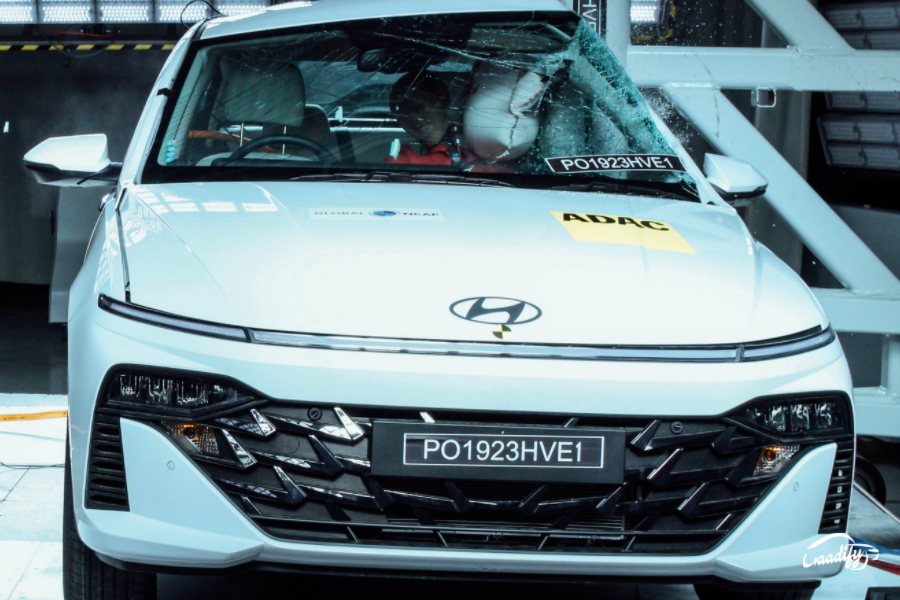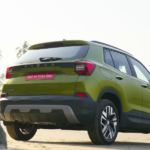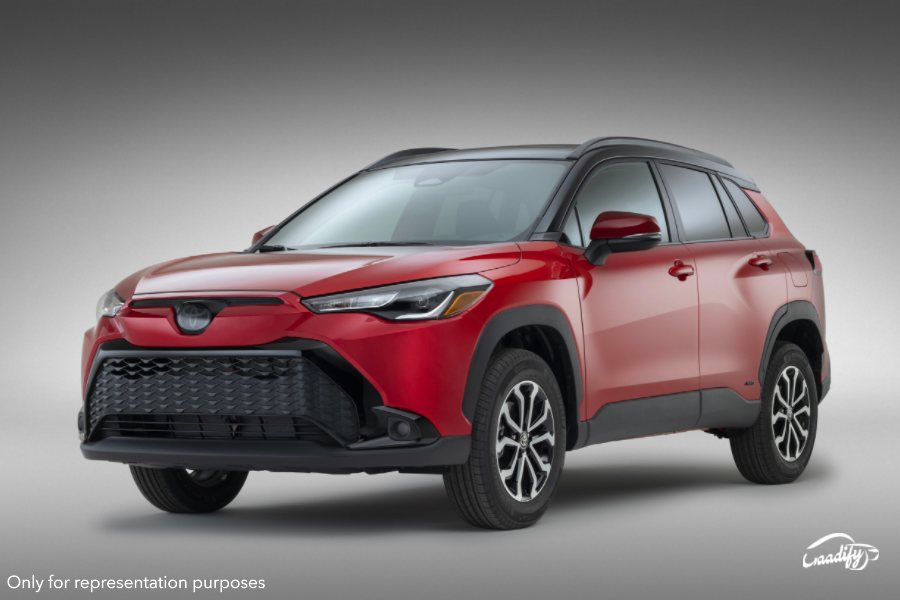The Indian-spec new-gen Hyundai Verna has secured a 5-star rating in the latest round of Global NCAP safety crash tests under its #SaferCarsForIndia campaign. With this, it has become the first Hyundai model to achieve a 5-star rating for adult and child occupants under the new safety test protocols.
Hyundai Verna joins India’s constellation of five star cars
Here’s a look at the complete test reports, and if you aren’t aware of the Global NCAP’s updated crash test protocols, head here first.
- The new Hyundai Verna earned 28.18 points out of a total of 34 in Adult Occupant Protection (AOP) tests.
- The Global NCAP has used the base-spec variants for most parts of the crash tests, which get six airbags, electronic stability control, ABS with EBD, three-point belts for all seats, seat belt pre-tensioners & load limiters, seat belt reminder, and ISOFIX child seat anchors as standard safety features.
- Testers rated the protection offered to the driver’s and passenger’s head and neck as good. However, protection for the driver’s chest was shown as marginal.
- Driver and passenger knee protection was marginal, impacting dangerous structures behind the fascia. The driver’s tibia had adequate protection, while the passenger’s tibia had good and adequate protection.
Must Read: Unveiling the Truth: Is Global NCAP A Charity or A Business?
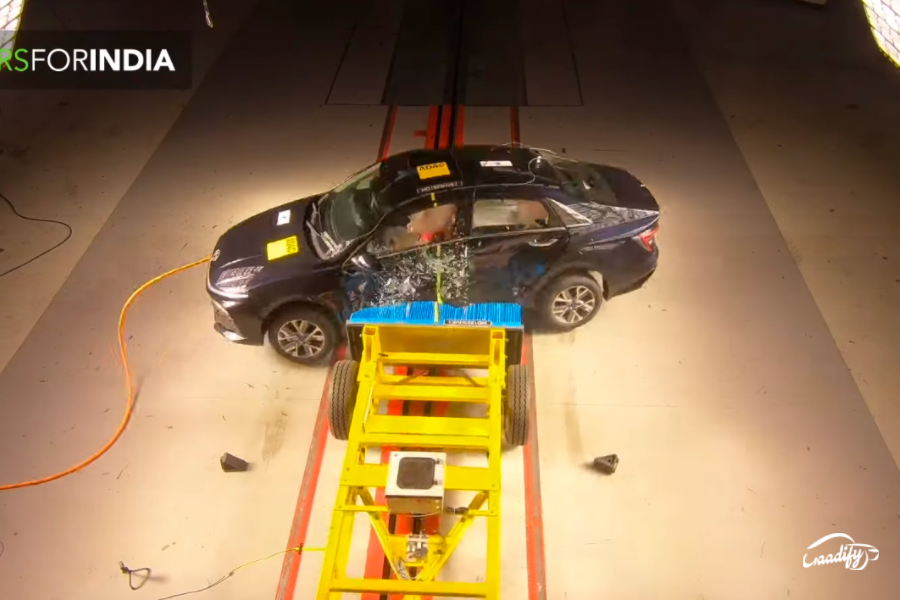
- In the side impact test with a deformable barrier, the Verna demonstrated satisfactory protection for the occupants, with a score of 15.7 points out of a possible 17. However, protection for the chest region was rated as adequate.
- The testing authority also cited that the bodyshell and footwell areas were unstable and couldn’t endure additional loadings.
- Since the Verna comes with curtains airbags, it meets the fitment requirements in the side pole test, showing good protection to the head and pelvis, marginal protection to the chest and adequate protection to the abdomen.
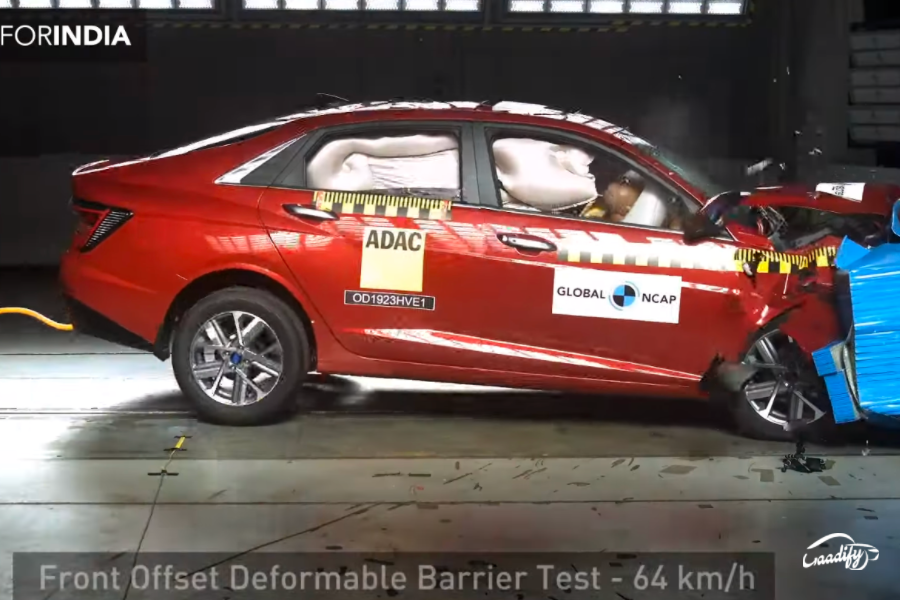
- Speaking of the Child Occupant Protection (COP) test, the 2023 Hyundai Verna received 42 points out of 49, acquiring a 5-star rating. The sedan achieved 12 out of 12 points for the Child Restraint System (CRS) installation and 24 out of 24. in the dynamic score.
- The Global NCAP tested the Verna with dummies of an 18-month-old and 3-year-old child, with both seats facing rearward (RWD), placed using the ISOFIX anchors and a support leg. Both prevented head exposure in front crash and offered complete protection during a side impact test. These factors led to the Hyundai Verna receiving a 5-star safety rating in the COP department as well.
- It is worth noting that the new Verna comes with 3-point seatbelts for all occupants. Nevertheless, there’s no option to deactivate the front passenger airbag when a rearward-facing CRS is installed in that place.
Note: The Hyundai Verna was tested voluntarily.
Also Read: Global NCAP’s #SaferCarsForIndia Campaign To End Soon


